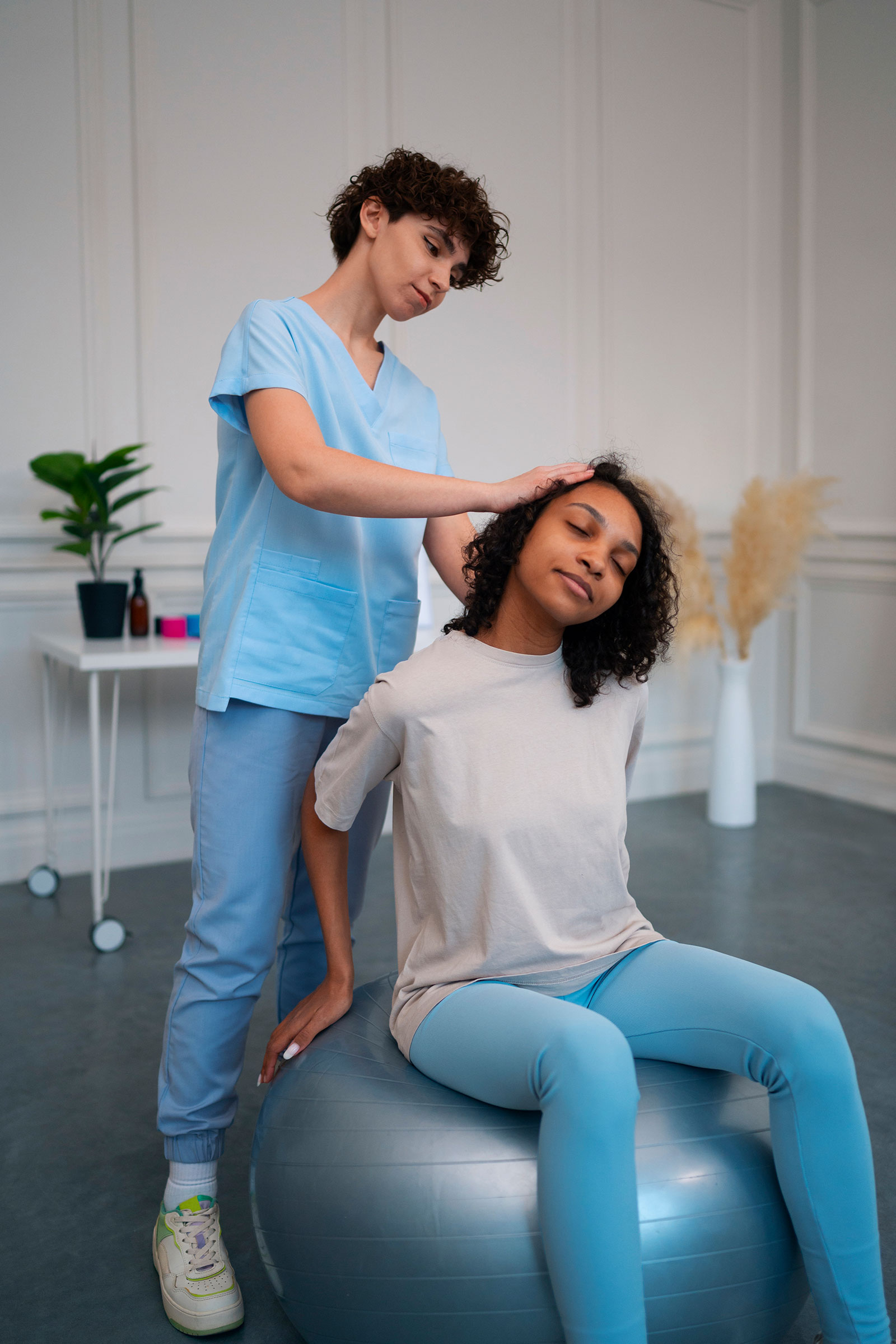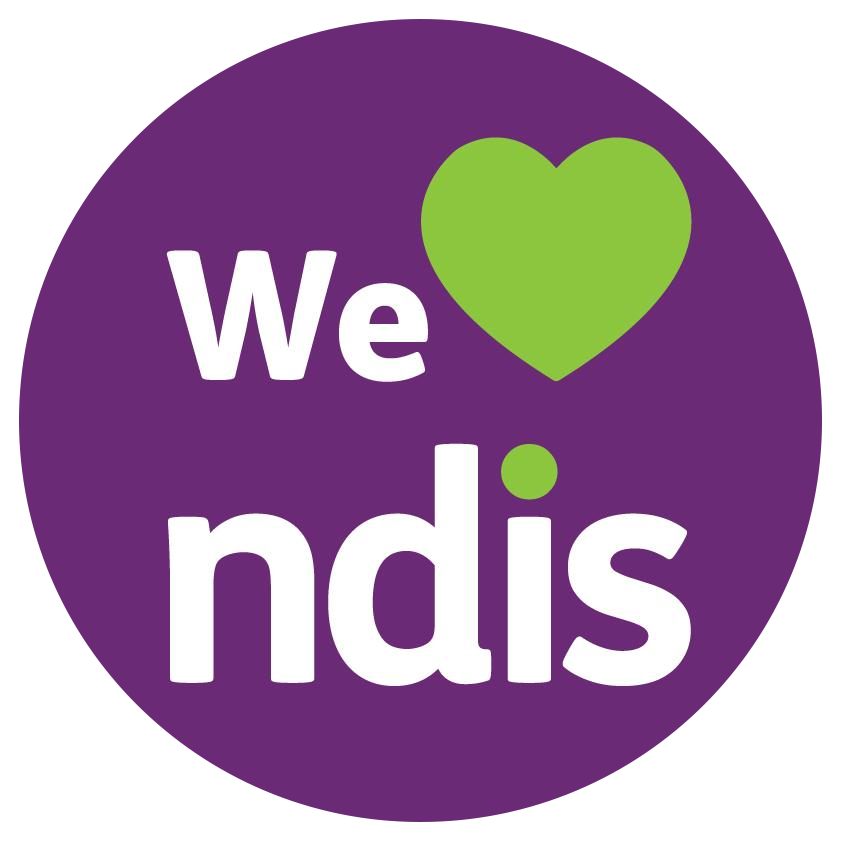Occupational Therapist

Helping people of all ages to develop, recover, or maintain the skills needed for daily living and working. We work closely with individuals who have physical, mental, or developmental conditions to improve their ability to perform everyday tasks and participate in their communities.
What to expect from an occupational therapist:
- Assessment and Evaluation: Assess clients’ needs and abilities through interviews, observations, and standardized tests.
- Personalized Treatment Plans: Develop individualized intervention plans to improve functional abilities.
- Daily Living Skills: Assist clients in mastering daily activities like dressing, eating, and grooming.
- Physical and Mental Health Support: Provide exercises and activities to improve physical, cognitive, and mental health.
- Adaptive Equipment and Modifications: Recommend and train clients in the use of adaptive equipment and home modifications to enhance independence.
- Workplace and Educational Support: Help clients develop skills for school or work, including ergonomic assessments and task modifications.
- Therapeutic Activities: Use therapeutic activities to improve fine motor skills, hand-eye coordination, and sensory processing.
- Rehabilitation and Recovery: Support clients recovering from injuries, surgeries, or illnesses to regain their independence.
- Family and Caregiver Education: Educate families and caregivers on how to support the client’s needs and promote therapeutic activities at home.
- Community Integration: Assist clients in participating in community activities and improving social skills.
Benefits of Occupational Therapy:
- Improved Daily Living Skills – Enhances ability to perform everyday activities independently, such as dressing, eating, and grooming.
- Increased Independence – Promotes self-sufficiency by teaching adaptive techniques and recommending assistive devices.
- Enhanced Physical Function – Improves strength, coordination, and mobility through tailored exercises and activities.
- Better Cognitive Function – Supports memory, attention, and problem-solving skills, particularly for individuals with cognitive impairments.
- Emotional and Mental Well-being – Provides strategies to manage stress, anxiety, and depression, contributing to overall mental health.
- Work and School Performance – Assists in developing skills needed for success in work and educational settings, including ergonomic assessments and task modifications.
- Rehabilitation and Recovery – Aids in recovery from injuries or surgeries by improving functional abilities and promoting quicker recovery.
- Increased Social Participation – Enhances social skills and community involvement, leading to better social integration.


